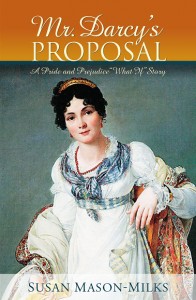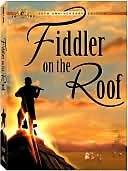I’d planned on making this another 3 Quick Questions post, but as I learned more about debut author Susan Mason Milks and her new release MR DARCY’S PROPOSAL, I knew I couldn’t stop at three. Jayne Ann Krentz first brought her to my attention on her Facebook page and when I discovered Susan was a Jane Austen fan like myself (Ms. Austen was a big influence on THE DAUGHTERS OF WINSTON BARNETT) I had to talk to her. Enjoy!
About the book
Available in both print and eBook formats!
This retelling of Pride and Prejudice asks “what if” events prevented Fitzwilliam Darcy from proposing to Elizabeth Bennet that day at Hunsford parsonage? Darcy arrives with marriage on his mind, only to find that Elizabeth has just received news her father is critically ill and probably dying. In the process of offering his help to her in traveling home, he discovers what she really thinks of him—and it’s not good. Should Darcy deliver Elizabeth home to be with her family and then disappear from her life, or will he propose another kind of help? Will Elizabeth be willing to sacrifice her future happiness to save her family from financial ruin? Or, do she and Darcy, two very stubborn people, have a chance of finding happiness together?
The Questions
The first time you read Pride and Prejudice in eighth grade you weren’t impressed. Why?
I’ve thought about this quite a bit, and I can’t really come up with a good answer. I do remember that my first impression of Darcy was much the same as Elizabeth’s. Ironically enough, I must have let my impressions prejudice me against the book – and of course, that’s just what the book is about. If you’re familiar with Austen’s work, you may remember that First Impressions was her original title for Pride and Prejudice.


